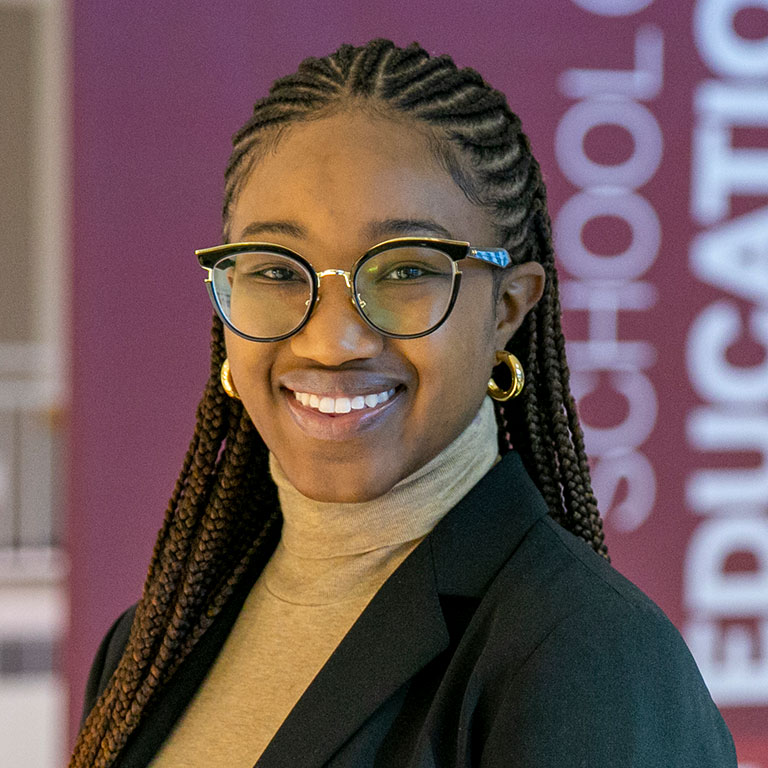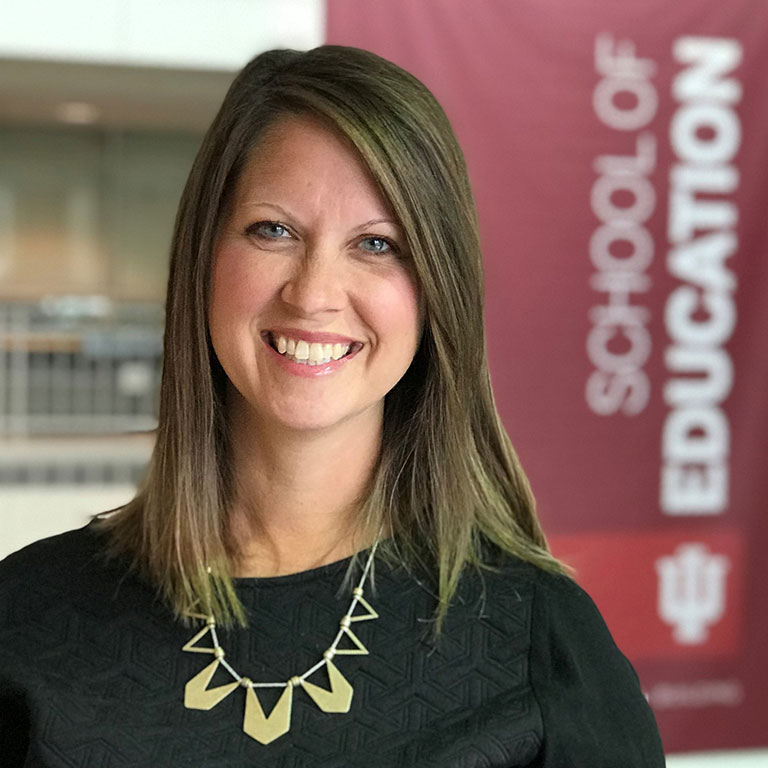
Mariah Pol
Ph.D. in Teacher Education and Curriculum Studies
“As a person who was previously working full time as a teacher before graduate school, it can be an identity adjustment becoming a full time student again. Embrace all that you are learning! That is why you are here. You bring unique positionality and perspective to diversify the research in the field. You belong here.”






